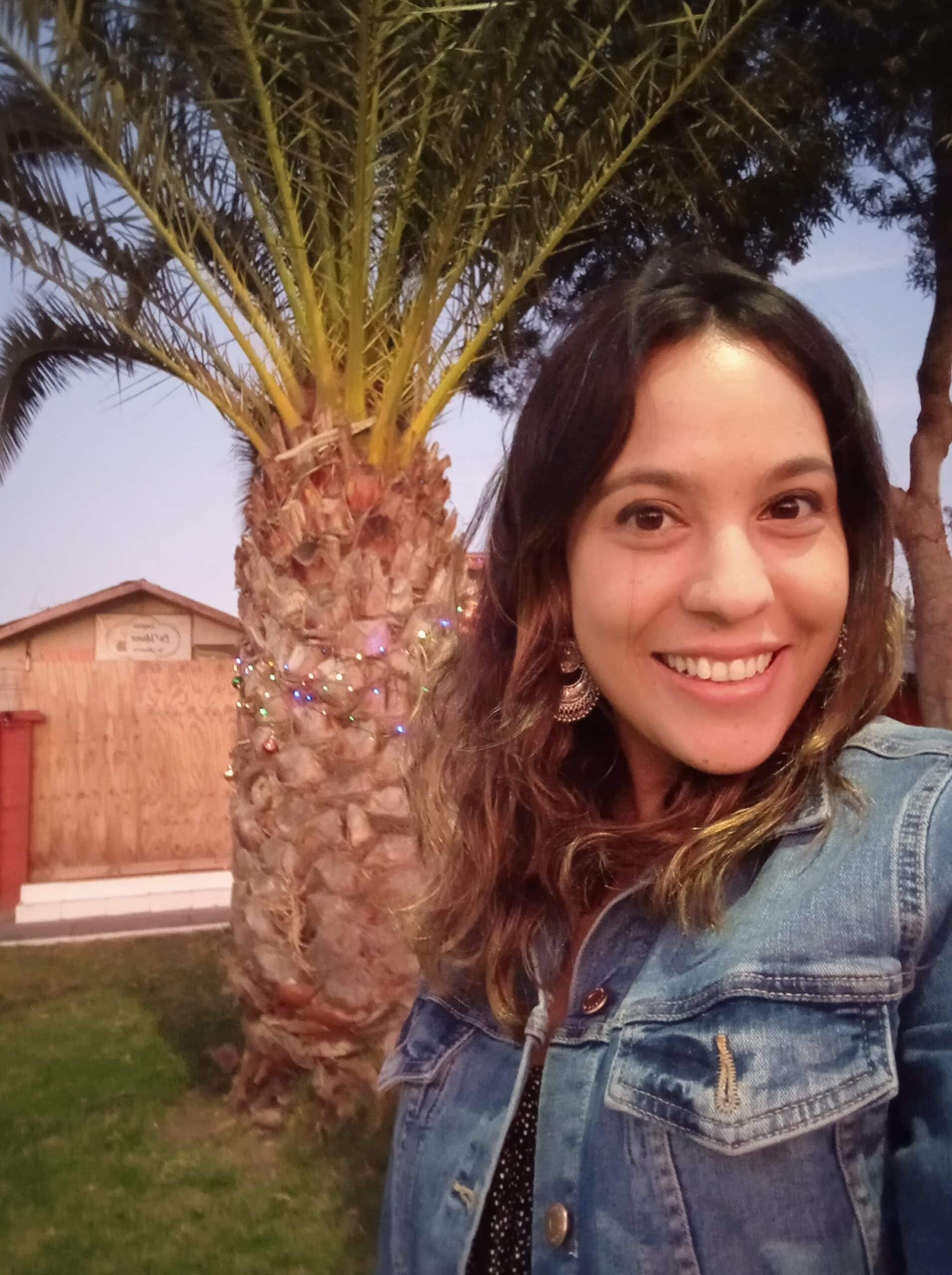By Yeni
Grief is a language we are never taught yet somehow expected to speak fluently. We fumble through it, unsure of what to say, how to act, or what comfort really looks like. And often, in our uncertainty, we retreat, leaving the grieving alone when they need us most.
I am not a therapist. I am not a psychologist. I am simply someone who has known loss since childhood. When I was three, my father died. When I was five, my brother left to live with his mother, and in many ways, I lost him too. I don’t remember much from those years, though I sometimes wonder if that’s by design—a subconscious safeguard against memories too heavy to carry. What I do recall is the sorrow that surrounded my father’s absence. When I asked about him, my family’s eyes welled with tears. When I woke in the night and found my mother crying, she would whisper, “I was just remembering your father.” So I learned to stop asking.
As I grew older, grief remained an enigma. When I saw others mourning—whether for a family member, a friend, or even a pet—I stayed silent. I didn’t know what to say, so I said nothing.
But silence, I’ve learned, is often mistaken for absence. And in grief, absence is the one thing that hurts the most.
I once read a book by Jorge Bucay that explored the loneliness of loss. He told the story of a couple who lost their baby during childbirth. They spoke of how, in the days following, they were surrounded by friends offering support. But as time passed, those friends faded away. Where did they go? the grieving couple wondered. Where were the people who said they would be there?
That is what loss does—it stretches beyond the funeral, beyond the first week, beyond the first month. And yet, the world moves on, leaving the grieving behind, still tangled in the ache of absence.
I remember attending an emergency response course where a man shared his own story of loss. His child had died at birth, and in the aftermath, he felt disoriented, unmoored. “I didn’t even know where I was,” he said. “I couldn’t fill out the forms. I couldn’t think. I was grateful that my friends were there to do it for me, to charge my phone, to make sure I ate—because I wasn’t capable of handling even the smallest of tasks.”
Now, I am witnessing life from the other side—the arrival of a newborn. And it strikes me how much care is poured into those first moments. We instinctively rally around new parents, bringing them food, offering to watch the baby, helping with household tasks.
Why do we not do the same for those who have just lost someone?
So, if you are wondering how to support someone who is grieving, here is my advice: Be there. Truly be there. Not just in the immediate days after their loss, but in the weeks and months that follow.
Call them. Listen to them without interrupting. Take them for a walk, not to force conversation but simply to offer presence. Prepare their favorite meal. Let them know they are not alone, even when they feel like they are.
The first year is often the hardest. The first birthday without that person, the first Christmas, the first anniversary. Each of these milestones carries a weight that cannot be anticipated. When my grandmother passed away last Christmas Eve, I saw this firsthand. The following holiday season felt hollow, but my sister and I tried to create a new experience for my mother. We spent the day with her and our pets, a small but meaningful comfort. We attended mass together, something we hadn’t done in over a decade. We took her and my aunt out for lunch, allowing them space to grieve while also offering them a moment of warmth. It didn’t erase the loss, but it helped soften its sharpest edges.
That’s the thing about grief—it never truly leaves. But neither does kindness. A small act of care—a phone call, a meal, a quiet presence—can make a difference in ways you may never fully understand. And the person receiving it will never forget.
So if you love someone who is grieving, don’t disappear. Show up. Be present. Stay.
Thank you for reading.
With love, Yeni





